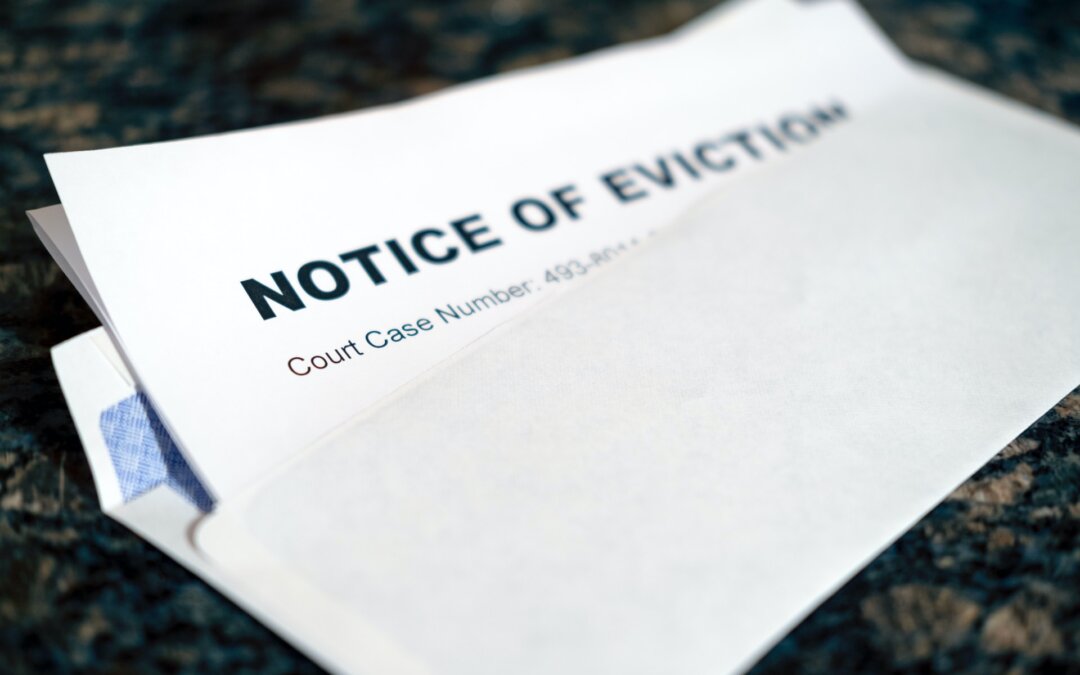Evicting a tenant is challenging and requires strict adherence to legal procedures. If you’re a landlord facing this situation, it’s essential to understand the critical aspects of giving eviction notices to protect your rights and follow the law. Here are the top things you need to know:
1. Grounds for Eviction:
Before serving an eviction notice, you must have valid reasons, or grounds, for doing so. Common reasons include non-payment of rent, violation of lease terms, property damage, or illegal activities on the premises. Familiarize yourself with local and state laws that specify permissible grounds for eviction.
2. Notice Requirements:
Different situations may require different types of eviction notices. Common types include:
- Pay or Quit Notice: Used for non-payment of rent.
- Cure or Quit Notice: This is given for lease violations that can be corrected, such as excessive noise or unauthorized pets.
- Unconditional Quit Notice: Typically used for severe lease violations or when a tenant has already received a notice for the same issue.
Local and state laws dictate the notice format and timeframe. Ensure your notice complies with these regulations.
3. Proper Service:
Serving the notice correctly is critical. Ensure it is delivered to the tenant personally or posted prominently on the property if unavailable. Some jurisdictions may also require sending a copy via certified mail. Keep records of all communication and delivery attempts.
4. Waiting Period:
After receiving an eviction notice, tenants typically have a specific period to respond or remedy the situation, depending on the reason for eviction. It’s essential to follow the required waiting period before taking legal action.
5. Legal Process:
If the tenant does not comply with the notice or refuses to vacate, you may need to file an eviction lawsuit (also known as an unlawful detainer lawsuit) in court. This process varies by jurisdiction but generally involves filing a complaint, serving the tenant with a summons, and attending a court hearing.
6. Tenant Rights:
Tenants have rights during the eviction process. They can contest the eviction, seek legal counsel, and may have the opportunity to present their case in court. It’s crucial to respect these rights and follow all legal procedures.
7. Retaliation and Discrimination:
Landlords cannot evict tenants in retaliation for asserting their rights or reporting code violations. Additionally, discriminating against tenants based on protected characteristics like race, religion, or disability is illegal.
8. Seek Legal Guidance:
Navigating the eviction process can be complex and varies by jurisdiction. It’s highly advisable to consult with an attorney experienced in landlord-tenant law. They can provide legal guidance, ensure compliance with local regulations, and represent your interests in court if necessary.
9. Document Everything:
Maintain thorough records of all interactions with the tenant, including notices served, payment histories, lease agreements, and any correspondence. These documents can be invaluable in court.
10. Non-Retaliation:
Avoid retaliatory actions against the tenant, such as shutting off utilities, changing locks, or harassing them. Such actions are illegal and can lead to legal consequences.
In conclusion, giving eviction notices is a complex legal process that requires careful adherence to local and state laws. Understanding your rights and responsibilities as a landlord and seeking legal counsel when necessary to ensure a lawful and successful eviction process is essential.

